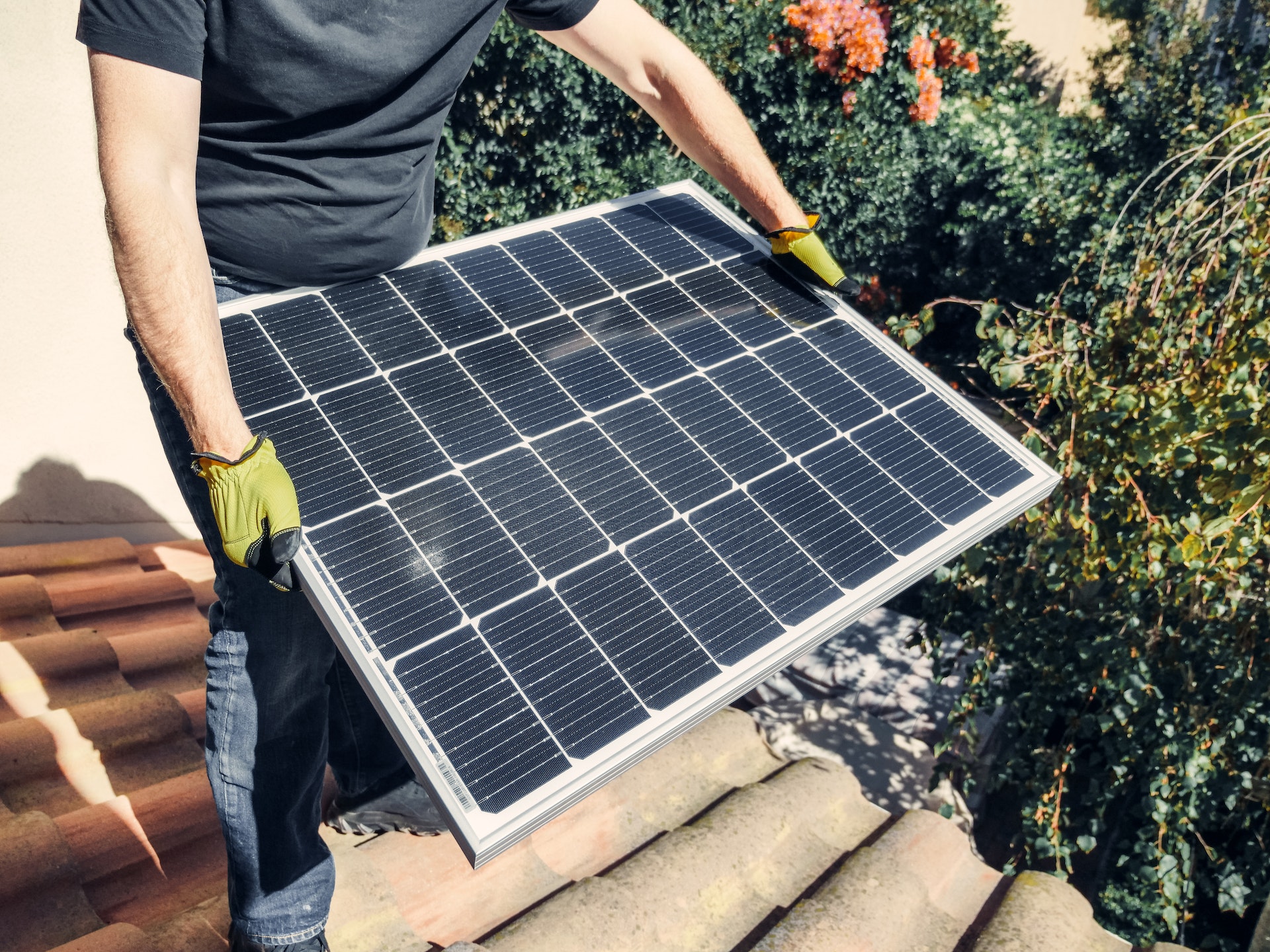
A solar panel system generates energy, which can be used to offset your electricity bill. This can help you avoid rising utility prices, which are often volatile. Solar panels’ electricity depends on your home’s size and average energy usage. You can use a calculator to estimate your potential savings and payback period.
Table of Contents
Increase Your Solar Panels’ Efficiency
A high-efficiency solar panel system can greatly affect your energy costs. It can also help you earn utility bill credits and reduce your carbon footprint. Optimal solar panel efficiency can be achieved by taking a few simple steps. The first is to ensure that your solar panels are properly positioned to get the most consistent exposure to the sun. Another critical factor in maximizing solar panel output is to clean your panels a few times a year. This may seem like a small change, but dust can accumulate in solar cells, significantly decreasing their performance. Other factors that affect solar cell efficiency include the irradiance of the area where they’re installed and how the panels are oriented. Shading from surrounding trees and buildings can also affect how much sunlight reaches the photovoltaic cells.
Reduce Your Energy Usage
Many forums on the internet revealed that homeowners search and ask, “can installing solar panels save money, or is it just another advert from companies?” Some of them are hesitant since they are unaware of the possibilities of installing solar panels. According to experts, there are many ways to reduce your energy usage, which can greatly impact your savings with solar panels. For example, reducing your use during peak hours can help you save money on your electricity bill. It also helps to avoid running multiple appliances at the same time. For instance, run the dishwasher when the sun is less active, so you don’t draw as much power from the grid.
Another way to reduce electricity use is to switch to a time-of-use rate plan that aligns with your usage patterns. This is especially helpful if you have several electrical devices that consume lots of energy, such as the washing machine and dryer.
Switch to Energy-Efficient Appliances
One of the best ways to maximize your savings with solar panels is to reduce your energy consumption first. This can be done by switching to energy-efficient appliances, but it also means making a few lifestyle changes.
Heating and cooling are the biggest energy consumers in a typical American household. Heating and air conditioning account for around 43 percent of a home’s energy bill. Another huge source of electricity use is appliances. Refrigerators, dishwashers, washers and dryers all consume a lot of power. If you’re looking for ways to save money and reduce energy usage, consider upgrading to new Energy Star-certified appliances. These products typically cost more than older models, but they will save you money in the long run because they use less energy and water. Not only do energy-efficient appliances save you money, but they also help protect the environment. They emit fewer greenhouse gases into the atmosphere, helping fight climate change.
Install Battery Storage
Battery storage is an important step to maximize your savings with solar panels. It lets you store excess solar power in batteries and draw it on at night or during peak electricity prices. To install battery storage, you must decide how much energy your home uses and choose the right battery size. New lithium-ion batteries range from 1kWh to 15kWh, so it’s best to consult an installer to determine the right size for your household. Choosing the right battery system is vital for some reasons. For one, it’s essential to consider how much energy your solar panels generate and how much you need from your home’s electric appliances.
Also, consider whether your solar panels generate enough energy to cover your evening and nighttime electricity use. You might need a backup load panel for more energy-hungry items such as electric water heaters, heat pumps, clothes dryers, and other large appliances.
Reduce Your Utility Bills
One of the most obvious ways solar can help you save money is by reducing utility bills. These bills are typically sent to you by your utility company and contain charges for electricity, taxes and fees. Homeowners who install solar panels can receive net metering credits in some states. These credits will be applied to future electric bills and are a great way to cut costs using renewable energy. However, you should remember that solar can only reduce your electricity bill if you use less energy from the grid. You can do this by alternating your application usage periods and avoiding peak-hour electricity demand. The size of the system relative to your energy needs and local utility rates determines the price of home solar systems. These factors can also change over time due to government trade policy. Lastly, solar power can save you money on air conditioning during the summer. This is because solar panels can produce more power during the day than your house uses, and you can send that energy back to the grid for credit.


